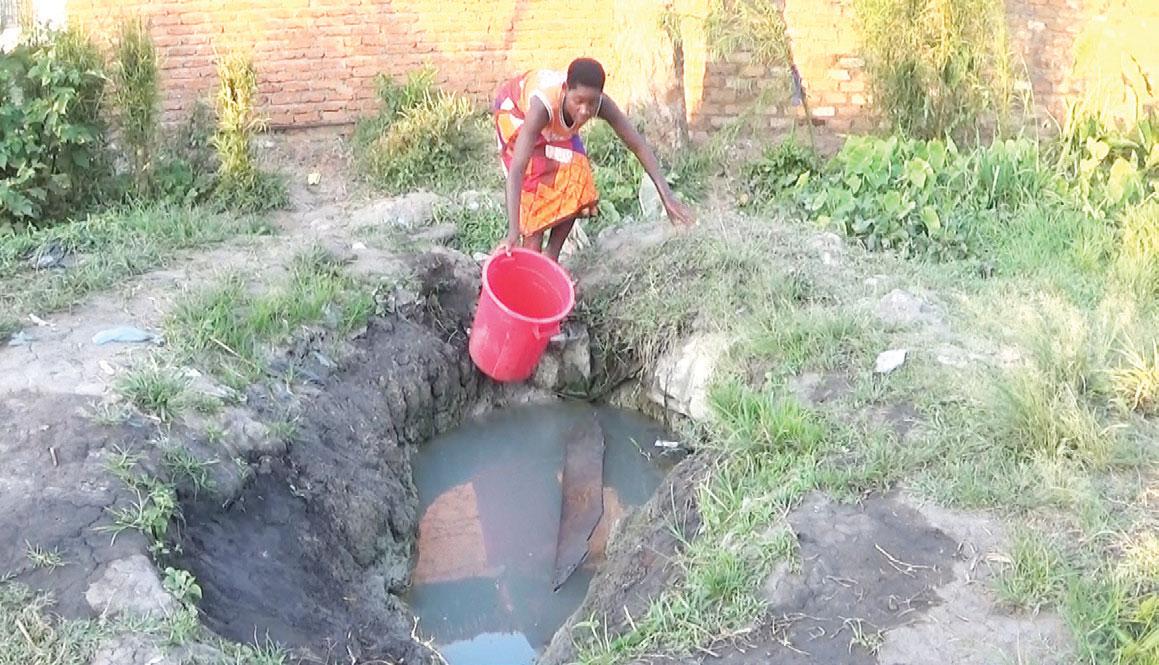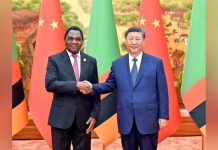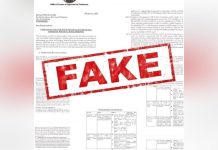Africa-Press – Malawi. The absence of water taps in a high-density township in Mzuzu is pushing residents to dirty and often unsafe dry wells where some end up drowning, SAM KALIMIRA writes.
Isabel Kacheche from Saulsberry-Line Township in Mzuzu City summons up dejected feelings every time she sees a shallow water well nearby. Her four-year-old daughter, Anastasia Banda, almost lost her life after tripping into a well in their neighbourhood.
“She was playing with her friend. I later noticed that she was missing. When I asked her friend, she told me my daughter had slipped into a well. I rushed there together with her father and found her floating,” Kacheche recalls.
Her husband, Stanford Banda, says when the little girl was pulled out of the well, she was gasping for breath as if she was dying. They rushed her to Mapale Health Centre where the girl was referred to Mzuzu Central Hospital.
Banda claims he does not understand how the “dying girl” was saved but remembers doctors indicating a minute later would have resulted in Anastasia giving up the ghost.
“Our daughter was floating in the well and we saw death in her eyes. It was a traumatising moment,” he says.
In Chibavi Township, Dobie Jere and his wife Cynthia Munkhondia are on police bail after their neighbour’s three-year-old daughter was found dead in a shallow well within the couple’s compound. Munkhondia claims the well was covered and that she has no clue about how the child ended up in the water.
The two cases typify numerous drowning and near-drowning incidents in the high-density township where the majority of families live below the international poverty line of $1.90 (K1,968) per day. Such families also struggle to access clean and potable water and turn to dirty and unsafe wells for the precious commodity.
Chrissy Mvula, from the same township, says they scramble for water from shallow wells because they cannot manage to be connected to piped water supplied by the Northern Region Water Board (NRWB).
She argues the connection process and utility bills are beyond the reach of many. “We have to wake up very early in the morning, often before 4, to access water from a well. We cannot even manage to buy water from [NRWB] kiosks,” Mvula says.
She believes cases of waterborne diseases are prevalent in the township because the water source is neither protected nor treated. The water crisis in Saulsberry- Line has been a regular feature in discourses about how the township’s residents live their lives.
Vilishala Mulongo, a landholder who has five tenants in his houses, argues that the only way to address the existential water problems in the township is by government sinking boreholes for the people there.
Mulongo, who sells farm produce at a market located within the city’s central business district, says a suggestion was already made to Mzuzu City Council (MCC) to have the boreholes drilled in the townships.
“Up to now, we have not been assisted. We discovered that it is very expensive to connect water provided by [NRWB]; that is why we decided to dig out a well within the compound,” Mulongo says.
Bridget Nkhoma, the area’s block leader—a term used for describing figureheads of a particular section in a township where traditional leaders are not recognised—said in an interview that from January this year, she has received 13 cases of people, mostly children, drowning in the wells.
Nkhoma said the number is higher if records from other eight block leaders within Saulsberry- Line are taken into account. “Lives of my people are at risk. The water they use is not safe at all. If they cannot give us boreholes, at least we should benefit from government’s free water connection programme,” she said.
Nkhoma further disclosed that the two NRWB communal taps in her areas broke down sometime back, forcing residents to the dirty wells. MCC Public Relations Officer Macdonald Gondwe admitted that the water problem is common in some of the city’s townships.
Gondwe said despite the Constituency Development Fund having a percentage for water development, the law proscribes the council from drilling boreholes within its area of jurisdiction.
“However, there are procedures one needs to follow if they want to drill a borehole including seeking approval from relevant authorities. Even the council itself cannot drill a borehole within our jurisdiction unless such a development is approved by NRWB,” he said.
NRWB Public Relations Manager Edward Nyirenda concurred with Gondwe on restrictions when it comes to drilling boreholes in the city’s townships. Nyirenda said such water sources pose health risks to people was they are easily contaminated by virtue of being in the middle of dwellings.
He said NRWB is the sole supplier of water within its supply area and that the board is currently on a campaign urging all those who drilled boreholes to seal them or risk legal action.
“We are currently selling our water used for domestic purposes at a cost of between 86 tambala and K1.18 per litre.
“On the issue of communal taps, we work with stakeholders like district and city councils to identify areas where additional communal water points need to be provided. This is a continuous process which we do all the time,” Nyirenda said.
The Water Resource Act stipulates that “no person shall drill, construct, enlarge or otherwise alter a borehole, or engage in borehole drilling programme, for the purpose of exploring for groundwater, except in accordance with the provisions of a permit…”
On the other hand, Sustainable Development Goal Six invites Malawi to achieve universal and equitable access to safe and affordable drinking water for all by the end of this decade.
However, with several households in townships such as Saulsberry-Line left behind, the march is seen by some observers as being too sluggish. According to WaterAid Malawi, about 5.6 million out of 19.1 million people in Malawi have no access to clean water.
Minister of Water and Sanitation Abida Mia insists that government is doing its best to ensure that people both from rural and urban areas have access to clean and potable water.
Mia said her ministry is discussing with water boards to open kiosks that were closed as well as maintain communal taps to allow people who are struggling to access water in urbans areas to have the commodity.
“This has been a directive from President [Lazarus Chakwera], that water kiosks that are not functioning start providing water to the people, even if people are failing to pay. It can be for free so that we prevent people from contracting waterborne diseases such cholera,” Mia said.
For More News And Analysis About Malawi Follow Africa-Press






